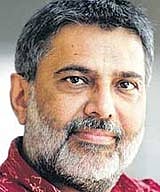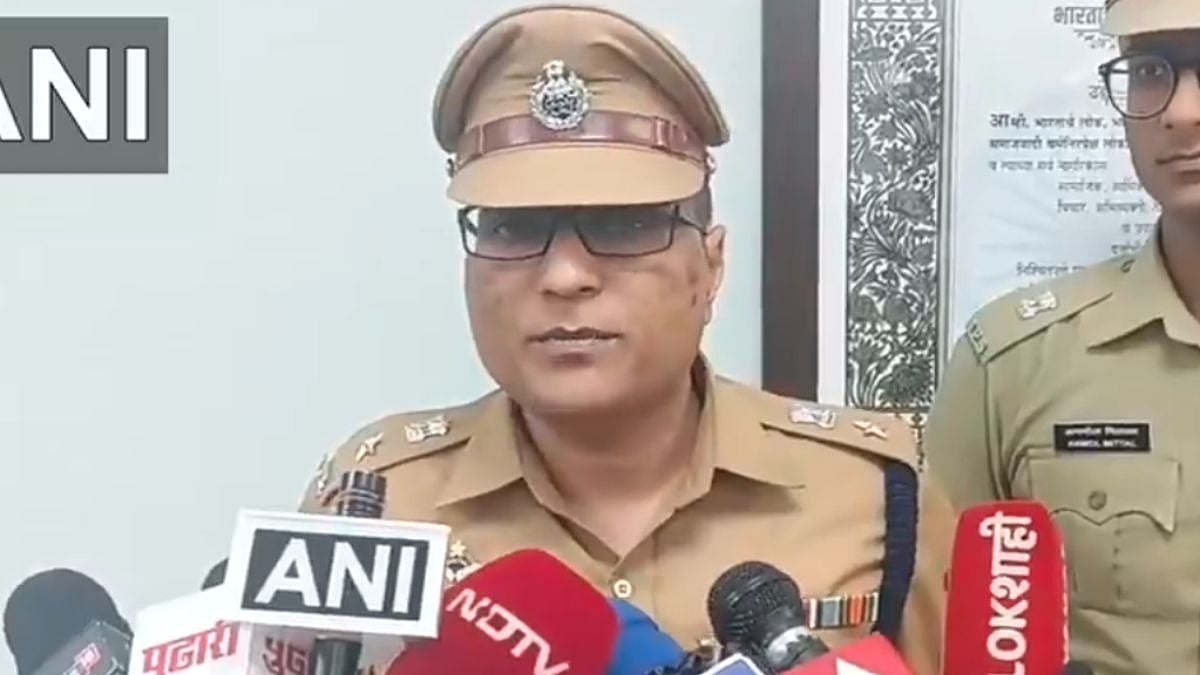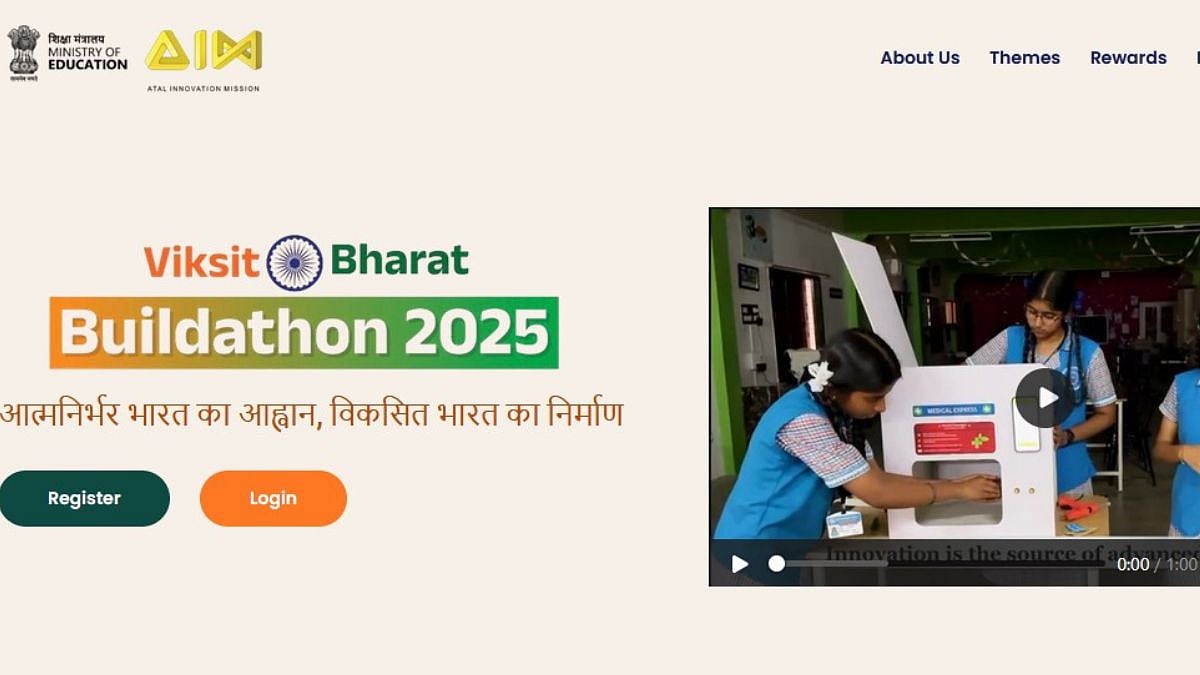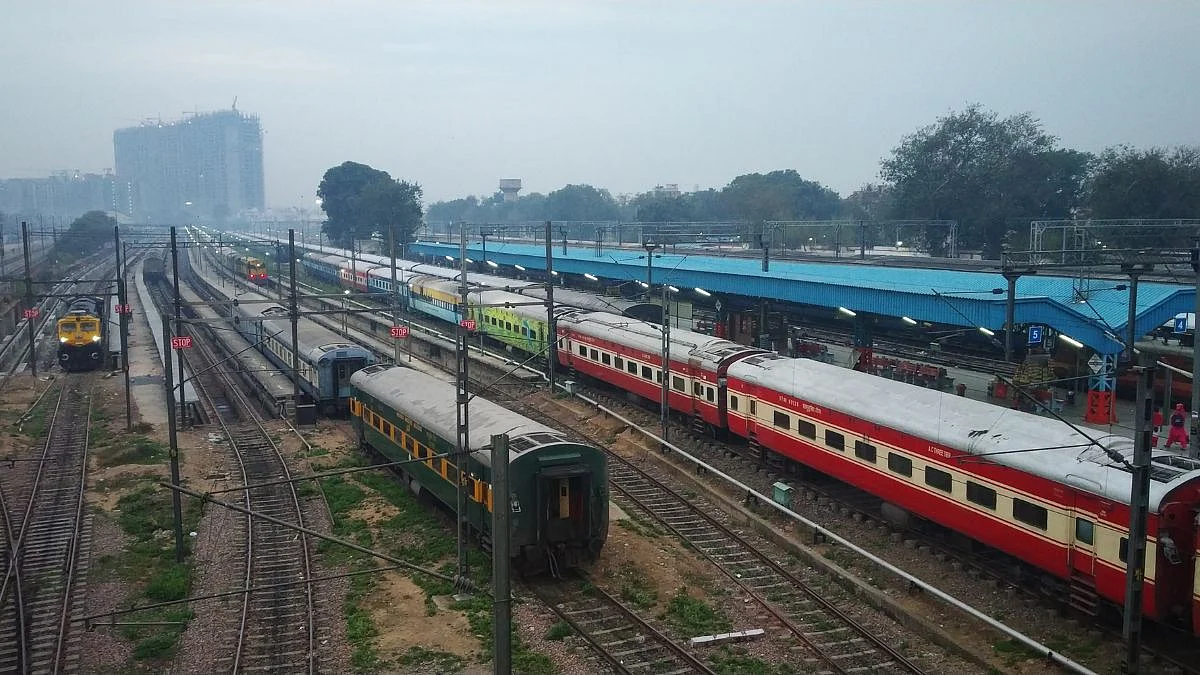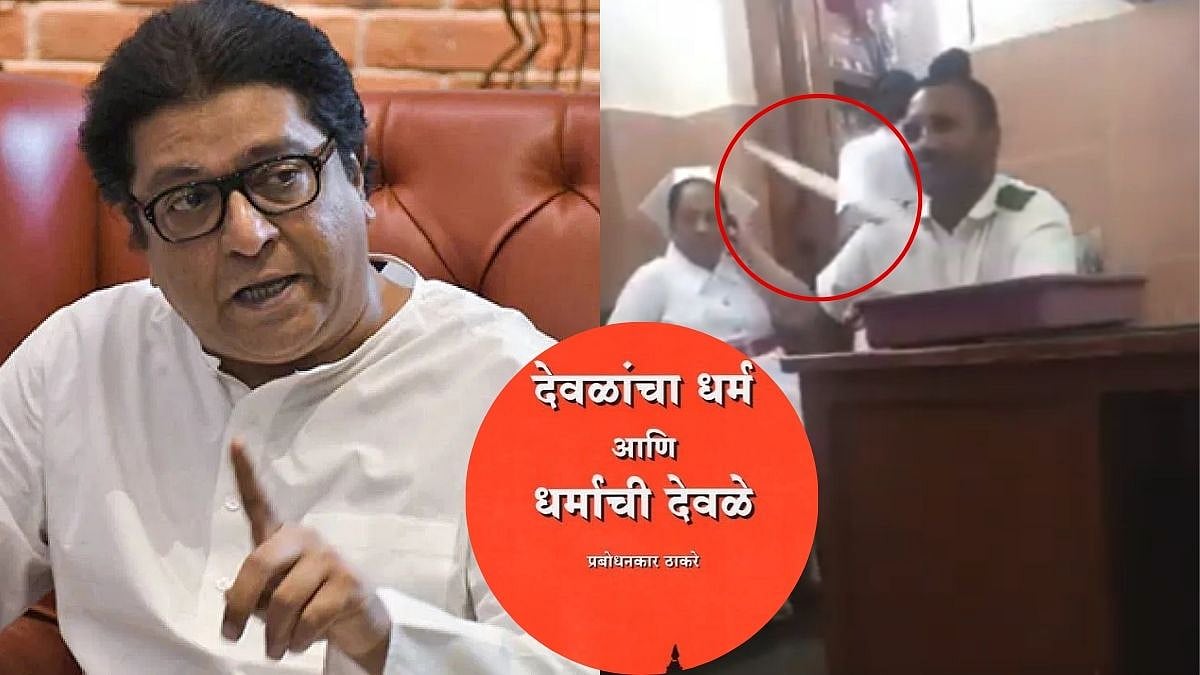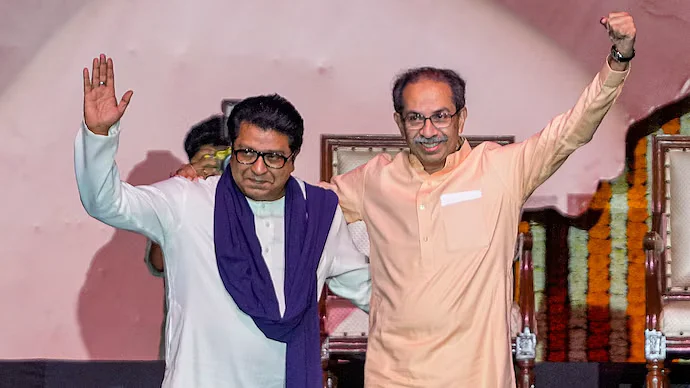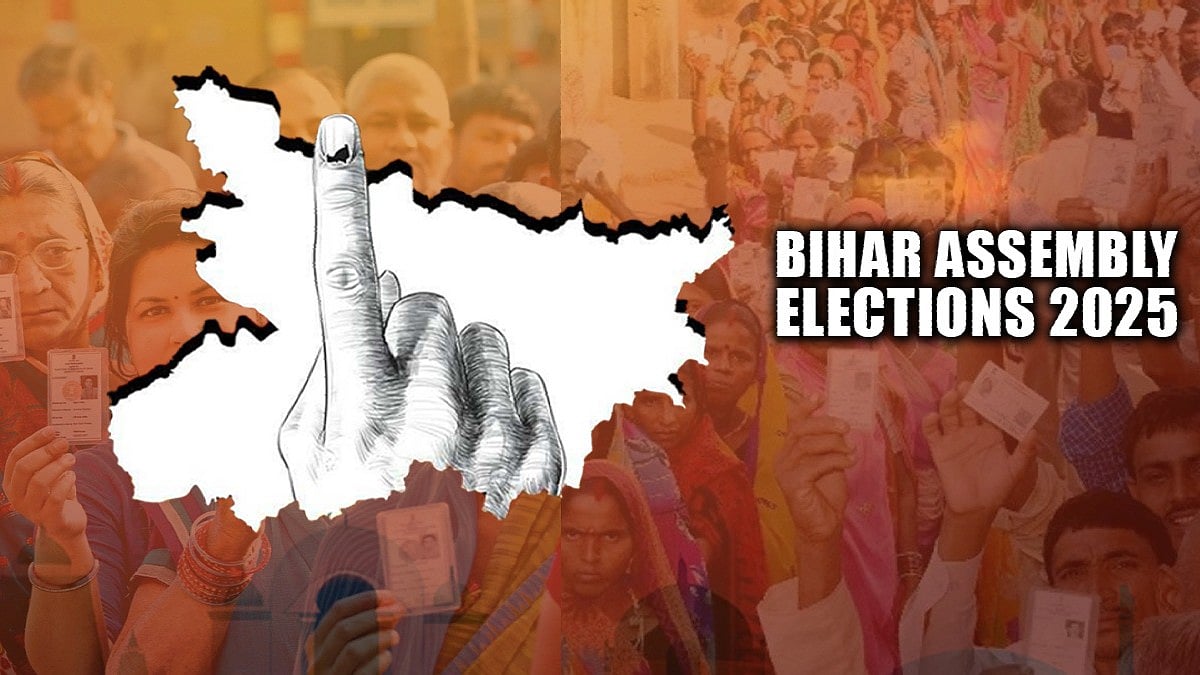What should have been a straightforward military matter and should have been seen as a strong response from India, has now become a contentious issue and is being viewed with skepticism, if not all round suspicion.
The government may have thought its declaration that India had carried out ‘surgical strikes’ along the Line of Control — i.e. into Pakistan Occupied Kashmir — would satisfy the nation that India would not take any attacks on its soil lying down and for a short while it did. The military’s press conference, giving some but not all details, was met with acclaim not just by hardcore supporters of this government and party but also the opposition. Sonia Gandhi issued a statement congratulating the Indian army and fully backing the government. It was a rare example of opposition unity. The media, especially the nightly chat shows on television went into full gear analysing every little aspect of the strikes. Suddenly reporters and anchors became military experts.
TO some extent the government is in an unwinnable position, since there will always be critics, but by digging its heels in initially and then linking any questioning with patriotism, it needlessly complicated the situation. It is not perfidious to ask questions; it is what citizens (and the media) do.
But then the questions began. First, people wanted to know why a ‘covert’ action was given so much publicity. The very name, covert means it is secret and in the shadows. Why the need to talk about it at such great length? Clearly the government was seeking to derive mileage out of it. (That initial assessment has turned out to be true — there are banners hailing the strikes in UP, which goes to elections soon.) Then, Pakistan said that no such strike had taken place, but announced that it had an Indian soldier in custody. The soldier had ‘strayed’ into Pakistani territory, it was stated and India vowed to get him back.
Matters got complicated when the United Nations said that no firing had been observed along the LoC. The UN military observer group in India and Pakistan was emphatic —“facts are facts, and we stand by them,” the UN Secretary General’s spokesperson said.
This began raising flags, and though India rubbished the UN’s claims, newspaper reports, especially in the foreign media, appeared that locals along the LoC had said they had seen no military activity and movement. On the other hand, villagers along the international border in Punjab were asked to move out at short notice. They too have so far not seen troop movements, so they are angrily asking why they are being pushed into shifting.
By now there were murmurs that the government must share evidence that the strikes did take place. Arvind Kejriwal announced that by sharing such evidence, the government would once and for all put an end to Pakistani propaganda. That was it. Now it became a question of ‘demanding proof’ that the strikes did take place, though he had done nothing of the kind. But this gathered momentum and Ravi Shankar Prasad, the telecom minister declared that any demand for evidence would amount to “demoralising the Army”, a cry taken up by ultra-patriotic anchors and internet trolls. Governments and armies should not be questioned — their word is enough, they say.
On the other hand, in a democracy, transparency and clarity are of utmost importance. There are things that must be kept secret, but the emphasis should be on making as many things clear as possible so that the general public is kept informed. The other option is to involve opposition leaders and give them a thorough briefing, so that they can take the message to their parties and through them the citizenry. This is the practice in all major democracies and even in India, when often the government takes the opposition leaders into confidence on major issues.
Instead, the government chose to keep silent and now even if it does give out information, there is bound to be criticism that it is not complete. To some extent the government is in an unwinnable position, since there will always be critics, but by digging its heels in initially and then linking any questioning with patriotism, it needlessly complicated the situation. It is not perfidious to ask questions; it is what citizens (and the media) do.
The prime minister has reportedly told his ministers not to do chest thumping on the strikes, which is good. One only wishes his message had gone out to ministers such as Manohar Parrikar and Venkaiah Naidu, who gloated soon after the strikes. Parrikar unfortunately has proved to be a minister with a proclivity towards putting his foot in his mouth, a somewhat unfortunate trait in a defence minister. There were also reports of a rally to felicitate him in his home state Goa, where he is facing enormous opposition from his erstwhile supporters in the RSS.
Today, the entire fallout from the operation has gone from a military – and diplomatic – success to a messy domestic imbroglio in just a few days. Regrettably the army has been dragged into it too. The government seems not to have had a clear cut communications strategy in place, a pity for an administration that never hesitates to broadcast its successes. All is not lost—it is not as if Indians disbelieve that something happened and think it is all made up. But all kinds of doubts have raised their heads. Perhaps such strikes should remain completely secret, as they have been in the past. By wanting to get some mileage out of it, the government has ended up opening a Pandora’s Box.
